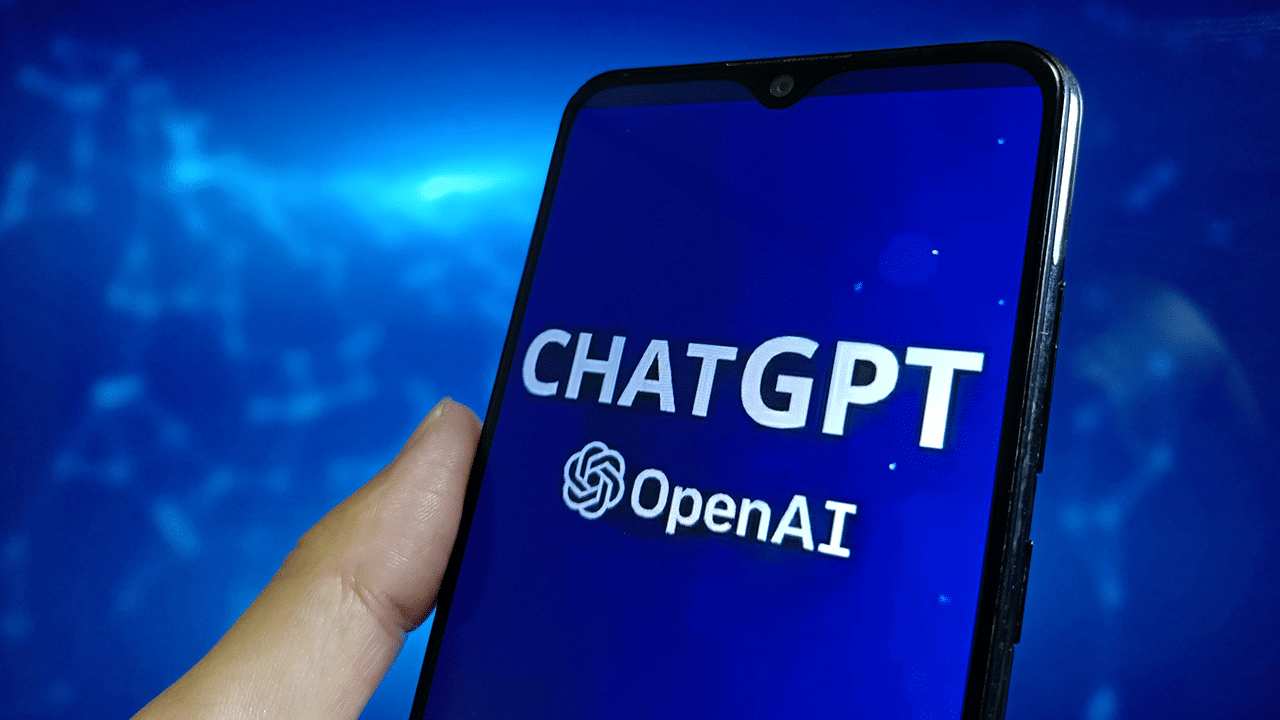
The Federal Trade Commission (FTC) has started a wide-ranging probe on OpenAI’s ChatGPT to determine if individuals have been negatively affected by deceptive privacy and security issues arising from its use.
A New Approach to Regulate the Burgeoning AI Industry
On June 13th, the U.S. Federal Trade Commission (FTC) announced its intention to investigate ChatGPT.
This investigation is prompted by concerns over false, disparaging, and misleading claims that could pose risks to customer data.
A recent Washington Post report cited access to a 20-page letter by the FTC titled “Civil Investigation Demand (CID),” which requested internal materials from the OpenAI on ChatGPT.
These materials include information on data retention, measures taken to address the risk of generating false and misleading responses, and more.
The CID documents specified that OpenAI must provide records on production, operations, compliance certification, conducted activities, and instructions implemented within the chatbot.
Furthermore, the FTC seeks detailed information about OpenAI’s plans for ChatGPT, such as whether it will remain a public service or transition into a monetized service.
The CID will be a telephonic meeting between the U.S. regulator and the AI company, which could last 14 days.
However, the FTC suggested that OpenAI could provide more details to reduce the stipulated CID period.
According to tech experts, this investigation by the FTC is a standard procedure aimed at understanding the production methods and the vast amount of data being utilized by ChatGPT and other AI innovations.
In response to the FTC probe, Sam Altman, the Chief Executive Officer of OpenAI, acknowledged the agency’s request via Twitter.
However, he expressed disappointment in the alleged leak that preceded the regulator’s quest for clarity, undermining trust.
Nevertheless, Altman assured the public that OpenAI’s technology offerings are secure and expressed confidence in working collaboratively with the FTC to bring transparency to everyone involved.
it is very disappointing to see the FTC's request start with a leak and does not help build trust.
that said, it’s super important to us that out technology is safe and pro-consumer, and we are confident we follow the law. of course we will work with the FTC.
— Sam Altman (@sama) July 13, 2023
Although it is unlikely that this will lead to a sudden clampdown on OpenAI and ChatGPT operations, it is apparent that the FTC is ready to regulate the burgeoning AI industry and check for potential violations.
Users Privacy & Copyright Infringement are the Downsides of ChatGPT
ChatGPT has faced scrutiny from international regulatory bodies due to its failure to fully protect users’ privacy and copyright on materials and content from global authors.
On March 31st, the Italian Data Protection Watchdog issued an order to temporarily suspend OpenAI from processing users’ data as part of an ongoing investigation into a suspected breach of European privacy data policies.
The probe discovered that the AI chatbot unlawfully collected personal data from residents in Italy.
Furthermore, the chatbot lacked an active age verification system to prevent minors (under the age of 13) from accessing inappropriate information.
However, the Italian agency announced on April 28th that it had lifted the temporary ban on OpenAI’s chatbot after the AI firm agreed to provide visibility on its privacy policy and user content opt-out form.
On July 10th, the AI company faced a fresh copyright infringement lawsuit from the LLM litigation.
The firm claimed to have received complaints from authors and publishers regarding ChatGPT’s ability to generate text similar to copyrighted books and other written materials without proper consent, credit, or compensation.
The lawsuit specifically targeted OpenAI’s chatbot models, GPT 3.5 and GPT 4.
With FTC now in the picture, this might be the biggest threat to the chatbot’s existence.
Altman iterated that the ChatGPT is built on top of years of safety research, protects users’ privacy, and does not copy other works; LLM litigation and new FTC investigation indicate otherwise.
we built GPT-4 on top of years of safety research and spent 6+ months after we finished initial training making it safer and more aligned before releasing it. we protect user privacy and design our systems to learn about the world, not private individuals.
— Sam Altman (@sama) July 13, 2023
However, tech experts and law analysts believe the next few weeks will be a major decider on the longevity of ChatGPT and provide clarity on its operations.
What Impact Could This Have on the AI Industry?
Amid FTC investigation documents, Altman stated that the AI firm is transparent about the limitations of its technology, especially when it falls short.
we’re transparent about the limitations of our technology, especially when we fall short. and our capped-profits structure means we aren’t incentivized to make unlimited returns.
— Sam Altman (@sama) July 13, 2023
This has caused buzzing debate in both the tech and law communities. It’s hard to argue that ChatGPT isn’t an incredible leap of technology and an important tool for millions if people.
However, a large majority expressed concerns over the amount of personal data fed into the chatbot ecosystem, which could rise to compromise privacy, among other sensitive narratives.
Nonetheless, both communities believe FTC’s latest regulatory shift on OpenAI indicates the start of a tightened scrutiny similar to that of the U.S. Securities and Exchange Commission (SEC) and the crypto space.
While this may adversely affect the AI industry regarding limitations, there would be comprehensive guidelines to control claims and management of users’ privacy by all innovations.
Related News
- ChatGPT’s New Text Features and Price Drop May Ramp Its Rate of Adoption to Lightspeed
- Anthropic Launches Claude 2 Available for Free in the US and UK – Is it Better Than ChatGPT?
- Elon Musk Launches His Own AI Firm ‘xAI’ With Top-Of-The-Line Experts – Here’s a First Look At Its High-Powered Team
Wall Street Memes (WSM) - Newest Meme Coin
- Community of 1 Million Followers
- Experienced NFT Project Founders
- Listed On OKX
- Staking Rewards